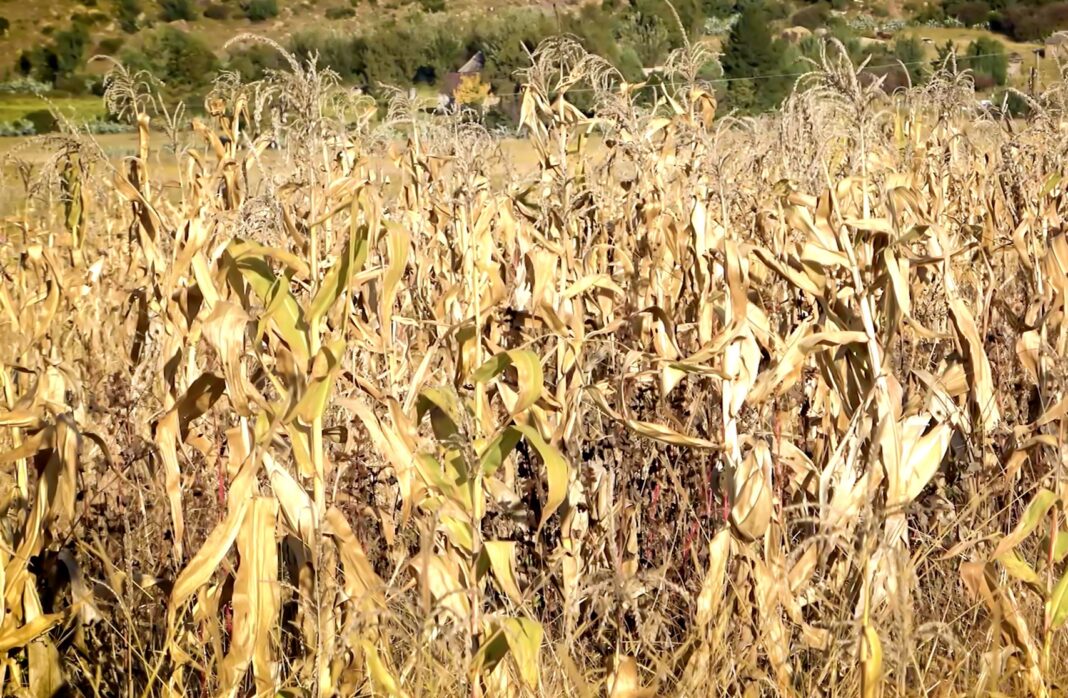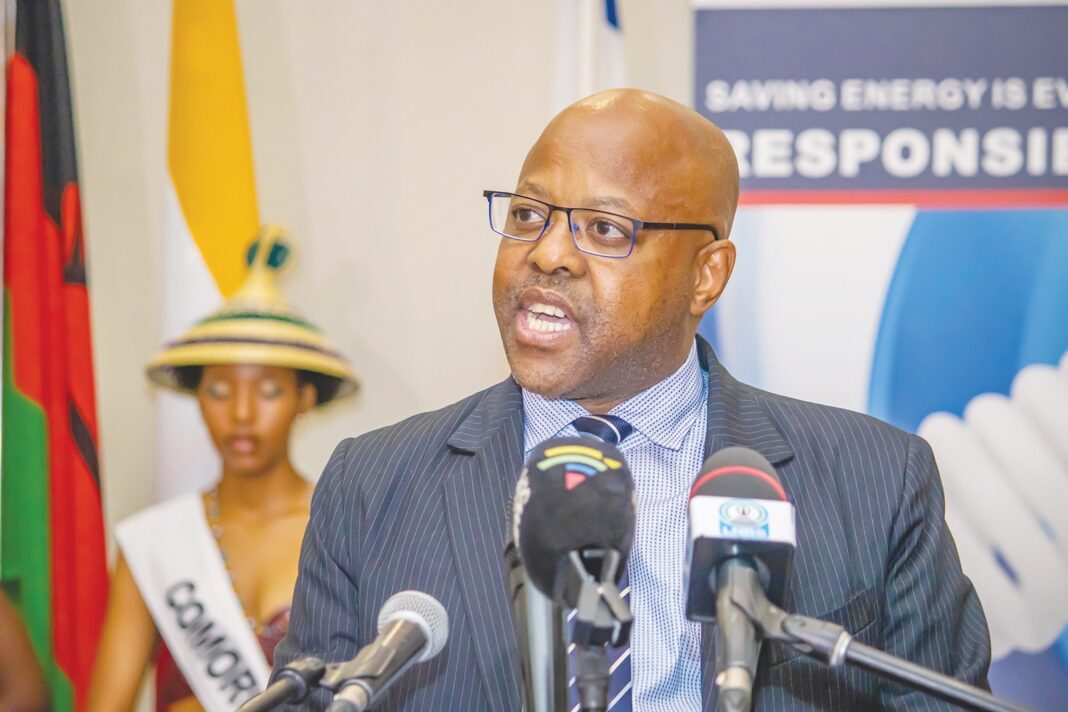By Mothusi Thabane
The Lesotho Red Cross Society (LRCS) has set aside M8 million to help vulnerable households cope with the drought expected to hit the country next summer.
The pledge, which is part of the relief organisation’s Drought Early Action Protocol (EPA) Project, is in response to the Lesotho Meteorological Services’ (LMS) prediction of the advent of El Nino after the current La Nina phases out.
El Nino is expected to result in normal to below normal rainfall, bringing with it a likelihood of drought which could affect vulnerable households negatively.
According to LMS climatologist, Rammolenyana Lethaha, Lesotho will continue to experience normal to above normal rainfall until the end of August.
“But we are expecting a shift from La Nina to El Nino from May to December this year. This is not going to affect our winter rainfall at all. We are going to be influenced by the El Nino during the winter season. It will influence our rainfall during the cropping season from October to March.”
He added that if El Nino persists, the country will experience normal to below normal rainfall until March 2024. “This will be confirmed by another forecast for October to March. For now, we are heading for El Nino.”
According to LRCS, the first leg of the assistance programme consists of training of community-based disaster response teams, village disaster management teams, and LRCS volunteers and staff countrywide.
LRCS project manager, Sebongile Hlubi, disclosed that 800 people will be trained starting in March until the end of the year.
Hlubi indicated that the first phase, which consists of capacity building, will be followed by monitoring of LMS weather forecasts.
“Upon receiving a seasonal forecast indicating normal to below normal rainfall; the dissemination of early warning messages to 20,560 people from 5,140 households will be conducted, to be followed by unconditional cash transfers to 2640 households. The selection of beneficiaries of the cash transfers will be done using the government’s Public Assistance (PA) programmes waiting lists. The lists contain people already assessed as vulnerable by government social workers and not yet in receipt of any cash support due to budget constraints. The cash transfer will enable the vulnerable households to buy basic food prior to price increases. Each household will receive M772 per month for two months”, she said.
“The list of vulnerable households will be pre-screened and prepared annually ahead of drought. Then, once the threshold is reached the same lists will be verified and validated by relevant stakeholders. The compilation of a waiting list will be done annually in collaboration with the ministry of social development and the Disaster Management Authority. In addition, early warning messages will target the recipients of unconditional cash transfers and other community members,” she added.
“In the last 10 years, the country experienced three extreme drought episodes – in 2011/12, 2015/16 and 2018/19. The EAP reported that the major impact of these past episodes was food insecurity. “The situation is exacerbated by continuous crop failures, low incomes, and high food prices, with 41% of rural families spending more than half of their income on food,” Hlubi added.








